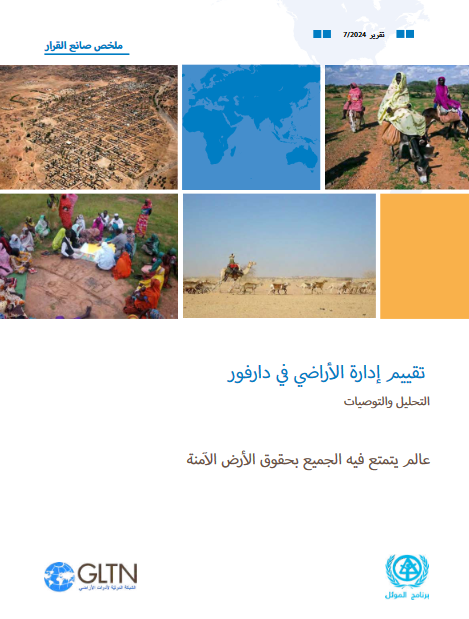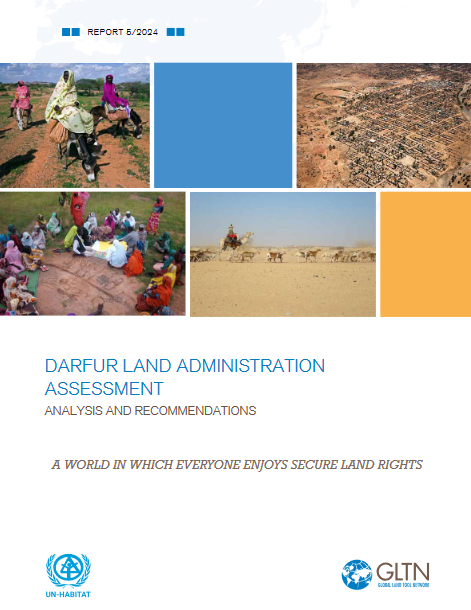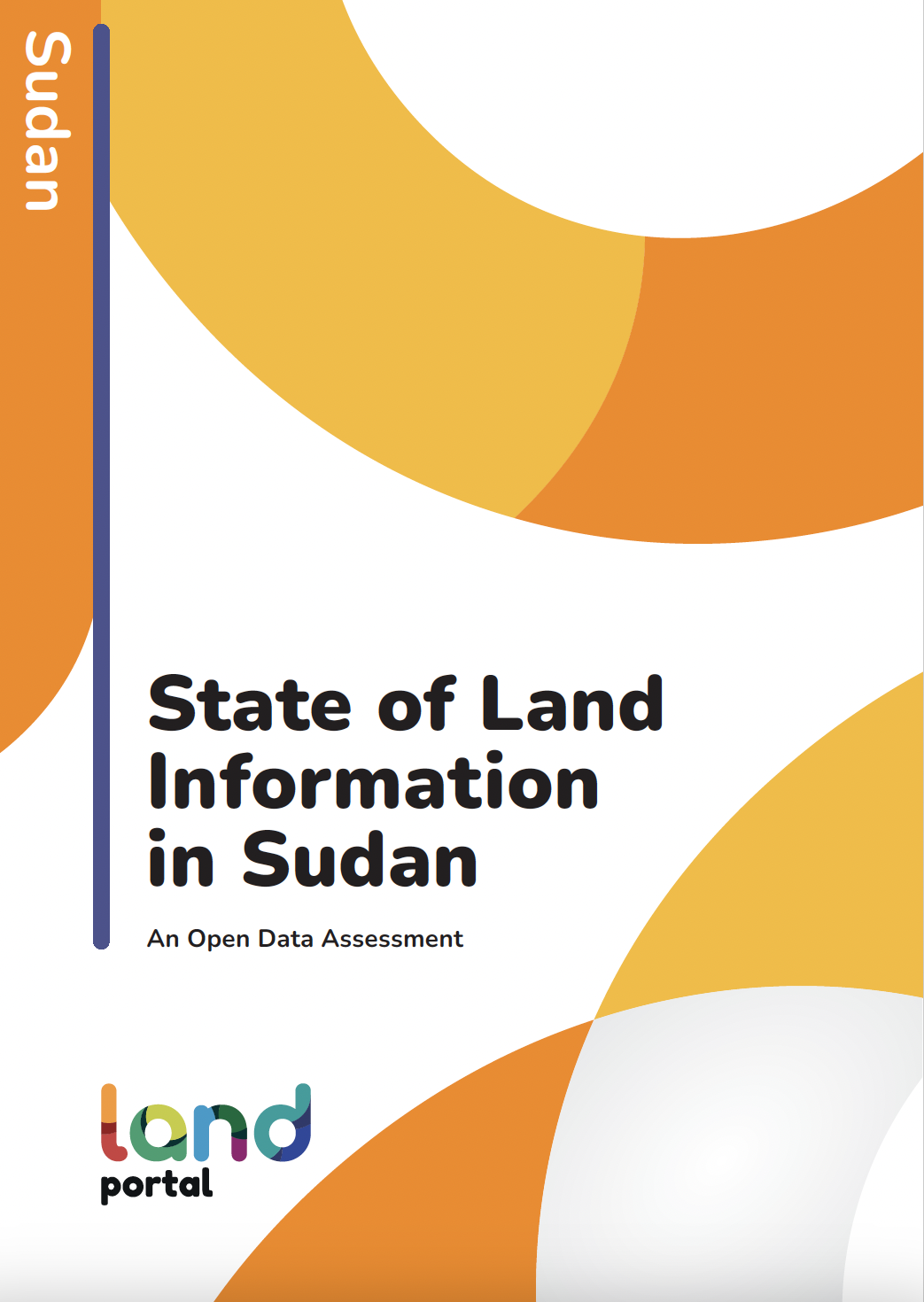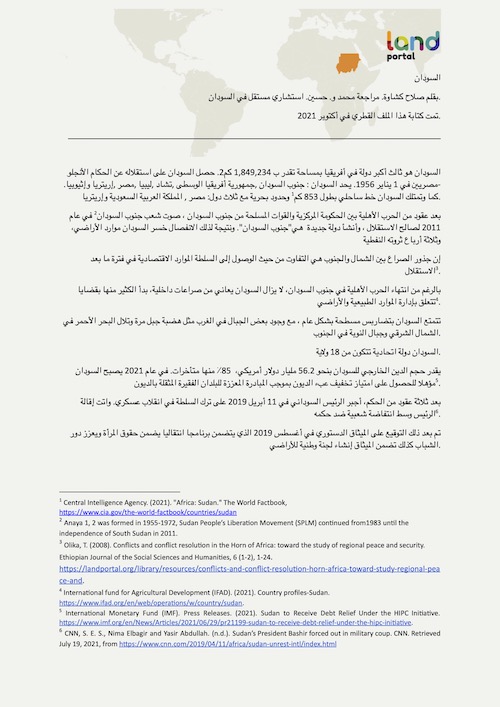In August 2020, the UN-Habitat Sudan Country Programme and the Global Land Tool Network (GLTN) published the “Darfur Land Administration Assessment: Analysis and Recommendations” report, developed in close cooperation with the United Nations Country Team of Sudan, the United Nations - African…
In August 2020, the UN-Habitat Sudan Country Programme and the Global Land Tool Network (GLTN) published the “Darfur Land Administration Assessment: Analysis and Recommendations” report, developed in close cooperation with the United Nations Country Team of Sudan, the United Nations - African…
In August 2020, the UN-Habitat Sudan Country Programme and the Global Land Tool Network (GLTN) published the “Darfur Land Administration Assessment: Analysis and Recommendations” report, developed in close cooperation with the United Nations Country Team of Sudan, the United Nations - African…
In August 2020, the UN-Habitat Sudan Country Programme and the Global Land Tool Network (GLTN) published the “Darfur Land Administration Assessment: Analysis and Recommendations” report, developed in close cooperation with the United Nations Country Team of Sudan, the United Nations - African…
In August 2020, the UN-Habitat Sudan Country Programme and the Global Land Tool Network (GLTN) published the “Darfur Land Administration Assessment: Analysis and Recommendations” report, developed in close cooperation with the United Nations Country Team of Sudan, the United Nations - African…
After 30 years of an authoritarian regime, Sudan reached a power-sharing deal between the military and the civilians that brought a transitional government to power in 2019. Their agenda was to lead the country towards a democratic transformation for no more than three years. This period of…
This scoping report combines findings from a scoping visit to the case study location with a review of the literature that describes salient features of the political economy in Sudan. The purpose of this report is to document findings as a contribution to and as preparation for fieldwork on…
This factsheet gives answers on how climate exacerbates root causes of conflict in Sudan, using an impact pathway analysis. Two main impact pathways are identified: 1. Resource Availability and Access: Climate variability and extreme events are putting pressure on…
Nexus SAMs aims to improve the quality and standardize the construction process of SAMs using a standard toolkit that enables tracing data sources and assumptions. The unified structure of nexus SAMs allows for more robust cross-country comparisons of economies, especially the sectoral…
This study assesses the political economy of the conflict between the Sudan Armed Forces (SAF) and the Rapid Support Forces (RSF) that brought out in April 2023, resulting in massive violence, displacement, and threats to food security. Based on a series of key informant interviews and other…
This is the Arabic version of the country profile for Sudan, describing its land governance context. Online versions of this profile are available in <a href="https://landportal.org/book/…
Avoiding, reducing and reversing land degradation is essential for the food security of current and future generations, for the conservation of biodiversity and the achievement of climate targets. In the current context of increased competition over land resources, rising food insecurity, and…





